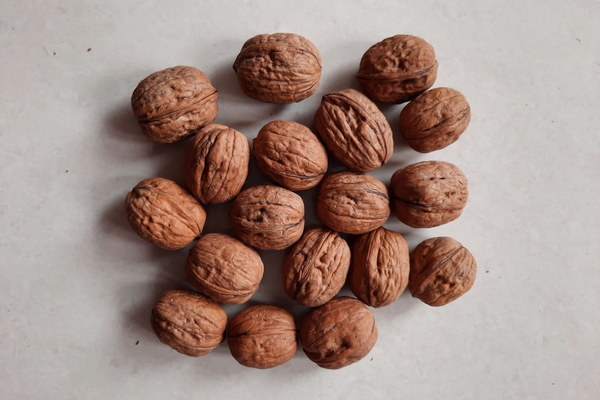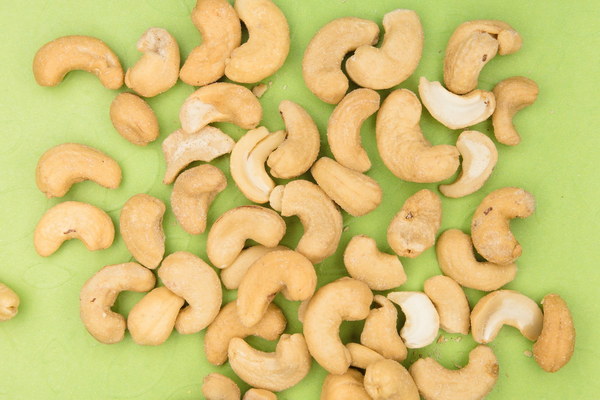Revitalize Your Digestion The Healing Power of Infused Herbs in Tea for Constipation Relief
In today's fast-paced world, where processed foods and sedentary lifestyles are the norm, it's no surprise that many of us struggle with constipation. This uncomfortable condition can not only disrupt our daily lives but also lead to more serious health issues if left untreated. However, there is a natural and ancient solution that has been used for centuries to alleviate constipation and promote overall digestive health: herbal teas. This article delves into the benefits of herbal teas and their healing properties, focusing on how they can help treat constipation naturally.
The Science Behind Herbal Tea for Constipation
Herbal teas are made from the leaves, flowers, roots, or fruits of various plants and are known for their numerous health benefits. Many of these plants contain natural compounds that can help stimulate the digestive system, increase bowel movements, and promote overall gut health. Here are some of the most commonly used herbs in constipation-relieving herbal teas:
1. Senna Leaf:
Senna leaf is one of the most popular natural remedies for constipation. It contains compounds called sennosides, which have a mild laxative effect. These compounds work by stimulating the muscles in the intestines, causing them to contract and move waste material through the digestive tract more quickly.
2. Fennel Seeds:
Fennel seeds have been used for centuries to aid digestion and relieve constipation. They contain volatile oils and fiber, which can help to soften the stool and stimulate the digestive system. Additionally, fennel seeds have anti-inflammatory properties that can help reduce swelling and pain in the digestive tract.
3. Dandelion Root:
Dandelion root is another natural constipation remedy that has been used for centuries. It contains a high amount of fiber, which helps to add bulk to the stool and promote regular bowel movements. Dandelion root also has diuretic properties, which can help to relieve bloating and water retention.
4. Rhubarb Root:
Rhubarb root is a traditional herbal remedy for constipation. It contains natural laxatives that can help to stimulate the bowels and promote bowel movements. However, it's important to use rhubarb root in moderation, as excessive consumption can lead to stomach upset.
5. Peppermint Tea:
Peppermint tea is known for its soothing properties and can help to relax the muscles of the digestive tract. This can alleviate bloating, gas, and constipation, making it a great addition to any herbal tea blend designed to treat constipation.

How to Prepare and Enjoy Your Herbal Tea
To prepare your herbal tea for constipation relief, follow these simple steps:
1. Choose the Right Herbs: Select a blend of herbs that are known for their constipation-relieving properties, such as senna leaf, fennel seeds, dandelion root, rhubarb root, and peppermint tea.
2. Boil Water: Pour a cup of boiling water over the herbal tea blend in a teapot or mug.
3. Steep the Tea: Let the tea steep for 5 to 10 minutes, depending on the strength you prefer.
4. Strain and Serve: Strain the tea to remove the herbs and pour it into a cup.
5. Enjoy Your Tea: Drink the tea warm or at room temperature, and make sure to drink plenty of water throughout the day to stay hydrated.
Tips for Using Herbal Tea to Treat Constipation
While herbal teas can be a great natural remedy for constipation, it's important to follow these tips to ensure the best results:
- Consistency: Make herbal tea a regular part of your daily routine to maintain regular bowel movements.
- Hydration: Drink plenty of water throughout the day, as this will help to keep the stool soft and make it easier to pass.
- Diet: Incorporate fiber-rich foods into your diet, such as fruits, vegetables, and whole grains, to help keep the digestive system moving.
- Exercise: Regular physical activity can help to stimulate the digestive system and promote regular bowel movements.
In conclusion, herbal teas offer a natural and effective way to treat constipation and improve overall digestive health. By incorporating these healing plants into your daily routine, you can enjoy the benefits of a well-functioning digestive system without resorting to harsh medications. So, the next time you're dealing with constipation, reach for a cup of herbal tea and let nature work its magic.









